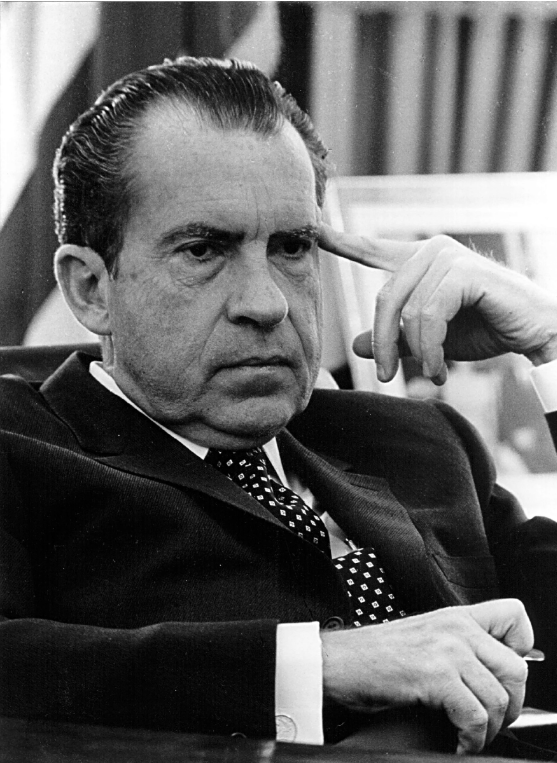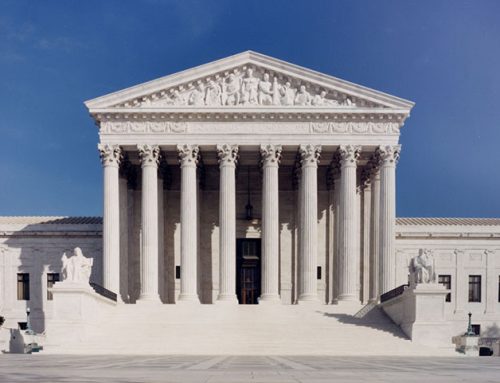Nixon’s Secret Recordings: A Shift in Private Views on Cannabis
LOS ANGELES- Recently uncovered White House recordings from 1973 reveal that President Richard Nixon privately acknowledged that cannabis was “not particularly dangerous,” a stance at odds with his administration’s aggressive drug policies. The recordings, discovered by drug reform advocate Kurtis Hanna while reviewing the Nixon Library archives, show a more nuanced perspective on cannabis than his public positions suggested.
In the recording, Nixon remarked, “Let me say, I know nothing about marijuana. I know that it’s not particularly dangerous, and most of the kids are for legalizing it. But on the other hand, it’s the wrong signal at this time.” Nixon also expressed disapproval of severe punishments for cannabis offenses, calling a 30-year sentence “ridiculous” and advocating for penalties that matched the severity of the crime.
Despite these private views, Nixon’s administration implemented the Controlled Substances Act in 1970, categorizing cannabis as a Schedule I substance, alongside drugs like heroin and LSD. This classification has had long-term effects, including widespread cannabis-related arrests and limited research into its medical uses. Black communities, in particular, have been disproportionately affected by enforcement efforts.
Nixon’s creation of the Drug Enforcement Administration (DEA) in 1973 reinforced the War on Drugs, a campaign that has continued for decades and faced criticism for its limited effectiveness and impact on marginalized communities.
Further insight into the political motivations behind Nixon’s drug policies emerged in a 1994 interview with John Ehrlichman, one of Nixon’s top aides. Ehrlichman revealed that the administration used drug policy to target specific groups, notably the antiwar left and Black Americans, by criminalizing substances associated with them.
As the Biden administration considers rescheduling cannabis under the Controlled Substances Act, the timing of these recordings adds historical context to ongoing debates around U.S. drug policy.



































